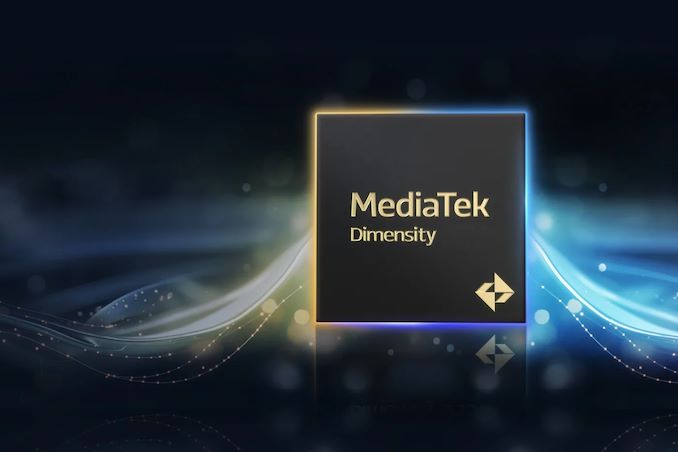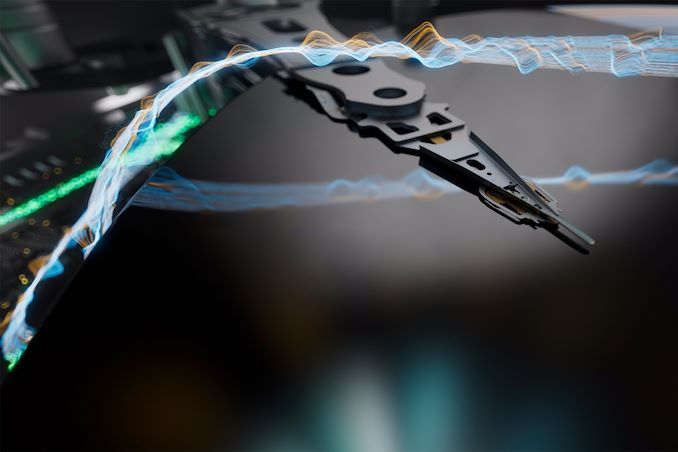After a report said Apple was planning to announce generative AI features later next year with iOS 18, analyst Ming-Chi Kuo is corroborating that with the possible costs and how Apple is trying to catch up with other tech companies.
Tech. Entertainment. Science. Your inbox.
Sign up for the most interesting tech & entertainment news out there.
By signing up, I agree to the Terms of Use and have reviewed the Privacy Notice.
Last week, Haitong International Securities analyst Jeff Pu said iOS 18 could finally add generative AI features for the iPhone in late 2024. He suggested Apple is building a few hundred AI servers in 2023 and even more in 2024. By combining cloud-based AI and on-device data processing, Apple would finally roll out its generative AI to iPhone and iPad users by late 2024.
Now, according to Ming-Chi Kuo, Apple is planning to purchase 2,000–3,000 and 18,000–20,000 units of AI servers in 2023 and 2024, respectively, which represents 1.3% and 5% of worldwide AI server shipments in 2023 and 2024.
For Apple to announce its generative AI feature, the company will purchase Nvidia’s HGX H100 8-GPU, designed for generative AI training and inference. It’s also expected that some shipments in 4Q24 will likely upgrade to the B100 solution.
Since these GPUs are priced at around $250,000, Apple will spend “at least” $620 million in 2023 and $4.75 billion in 2024 on AI server purchases.
Kuo says that Apple’s purchases of AI servers are significantly lower in 2023 than in 2024 due to a shortage of Nvidia AI chips. However, even when the supply of Nvidia AI chips improves in 2024, Apple’s AI server purchases still lag behind its competitors. “Taking Meta as an example, its AI server purchase in 2024 will be about 40,000 units. Not to mention, Meta’s AI server count before 2024 already far exceeds that of Apple,” compares the analyst.
Kuo suggests that when Apple trains its large language models, it will likely prefer to use AI servers it has purchased and installed itself rather than virtual hosts from other cloud service providers for security, privacy, and design flexibility, which means the company will have to offer superior software development capabilities to catch up with the other tech firms.
Lastly, he also says that these estimates don’t consider labor costs, infrastructure operating costs, etc., which means Apple will actually need to invest way more to get a proper result if it wants to release generative AI features by late 2024.



